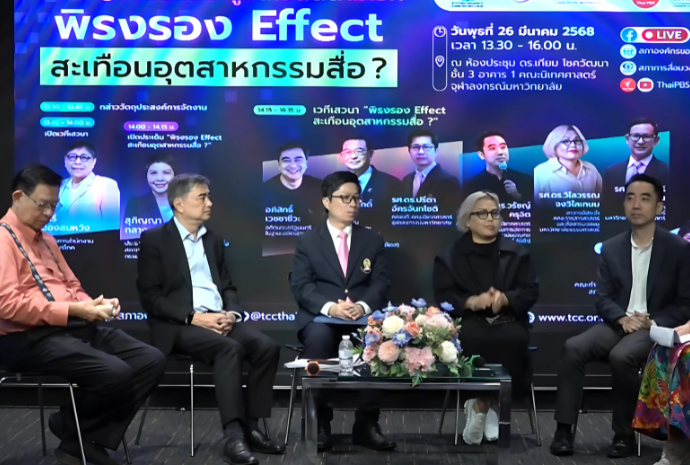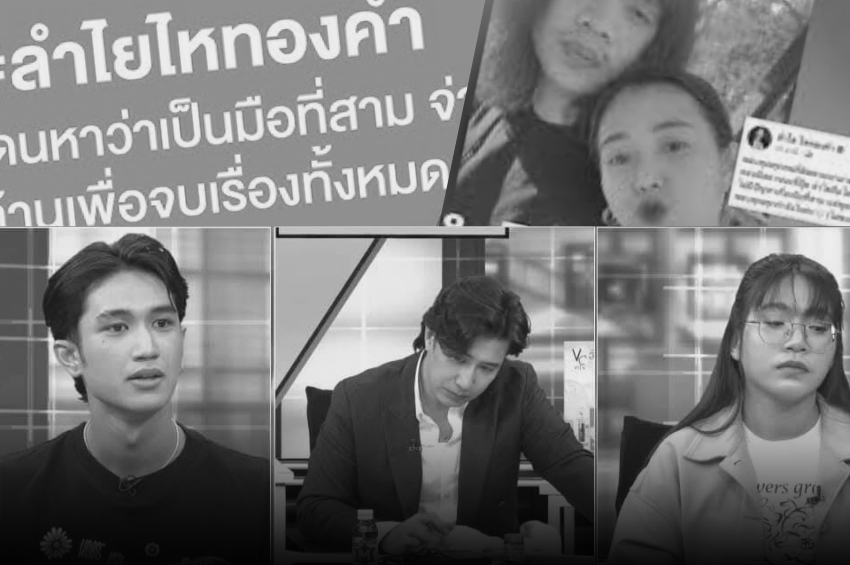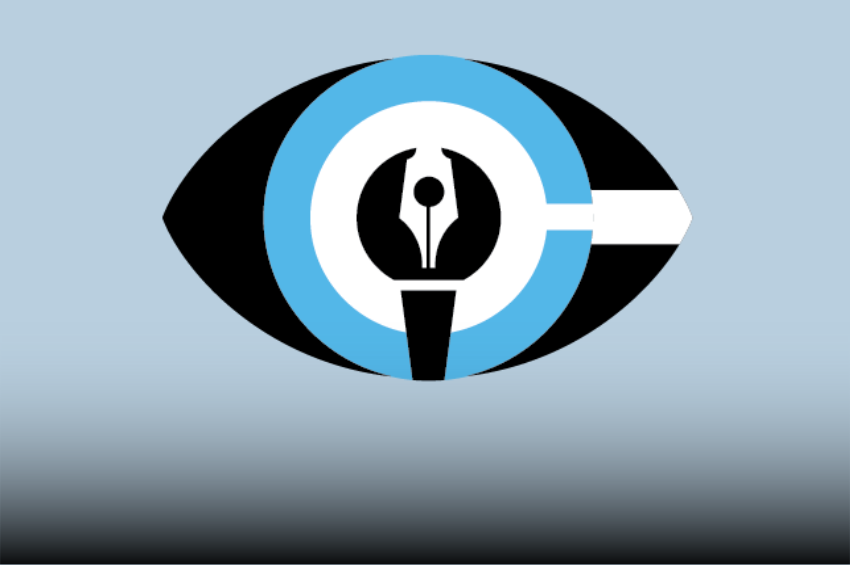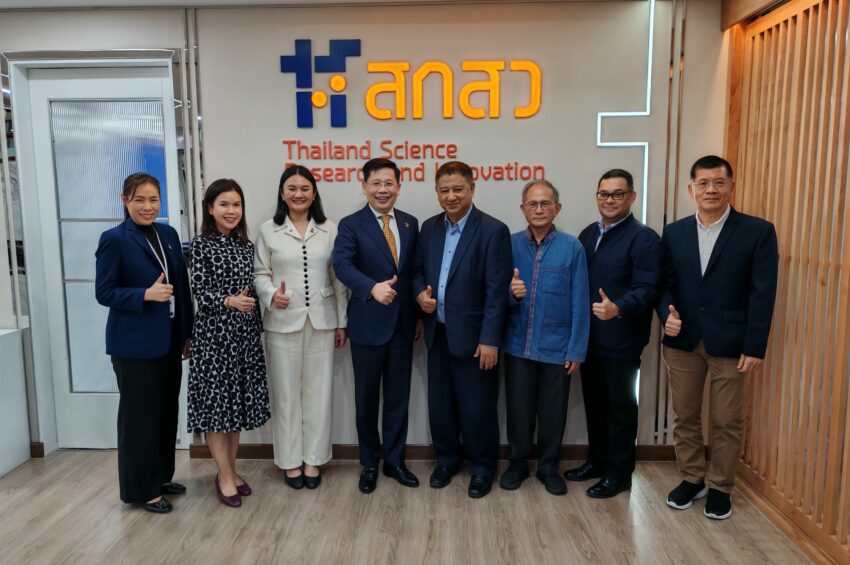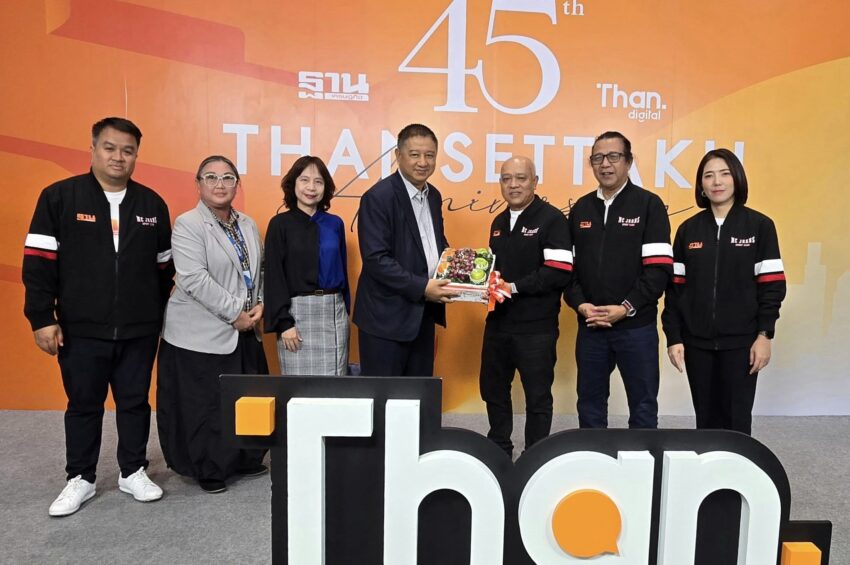สถานการณ์ของสื่
ท่ามกลางความยุ่งเหยิงทางการเมื
เมื่อคณะรักษาความสงบเรียบร้
ต่อมาได้ออกคำสั่งเพื่อควบคุ
เนื่องในวันสิทธิเสรีภาพสื่
1.ขอให้คณะรักษาความสงบเรียบร้
การคงไว้ซึ่งคำสั่งทั้ง 3 ทำให้บรรยากาศแห่งการพูดคุ
2.ในการดำเนิ
3.ขอให้ประชาชนและผู้บริโภคข้
ในโอกาสที่รัฐธรรมนูญชึ่งอยู่
และหากผู้ใดถูกละเมิดหรือไม่ได้
4.ขอให้ผู้ประกอบวิชาชีพสื่
องค์กรวิชาชีพสื่อ ทั้ง 4 ขอย้ำเตือนว่าทุกฝ่ายในสังคมต้
สมาคมนักข่าวนักหนังสือพิมพ์แห่
สมาคมนักข่าววิทยุและโทรทัศน์
สภาการหนังสือพิมพ์แห่งชาติ
สภาวิชาชีพข่าววิทยุและโทรทัศน์
3 พฤษภาคม 2558
//////////////////////////////
Statement of Four Thai Professional Media Organizations
on the World Press Freedom Day
3 May 2015
Since 2014, the media in Thailand have been facing more and various challenges. During the time of political protests in early 2014, the media were pressured by supporters of different parties in the political conflicts who wanted the media to take their side. Meanwhile, some of the public have seen media as players in the conflicts, or a party to intensify the tensions instead of pulling the fuel out from the fire. Some cast doubts in the work and performance of the media.
Realizing the seriousness of the problems as well as the importance of the public’s faith and trust in the media, the four professional media organizations , namely the Thai Journalists Association, the Thai Broadcast Journalists Association, the National Press Council of Thailand and the News Broadcasting Council of Thailand, have joined hands in attempt to solve the problems.
Once the National Council for Peace and Order (NCPO) took over the national administration power on 22 May 2014 (B.E.2557), the situation and the media freedom index for Thailand has dropped drastically in the eyes of the global community. That was because in the first period after the power seizure, the NCPO ordered many television and radio stations to go black out while asking newspapers to refrain from publicizing any opinions that could lead to opposition to the NCPO.
After that, the NCPO and its leader also issued the announcements that limit the media freedom and the people’s rights to information. They include the NCPO’s Announcement Number 97/2557, NCPO’s Announcement Number 103/2557 and the Article 5 of the NCPO’s Chief Announcement Number 3/2558 issued as authorized in the Article 44 of the 2014 Interim Constitution. Freedom of the press and the people’s rights to information are not less important than the people’s privacy and individual’s rights to be protected from the media’s violation. At the same time, the media are obliged to work keeping social responsibility and Code of Ethics in mind.
On the World Press Freedom Day, 3 May 2015, the four professional organizations propose demands as follow:
The NCPO must quickly revoke its Announcements Number 97/2557 and 103/2557 and the NCPO chief must quickly revoke his Announcement Number 3/2558 to create the environment for reconciliation with free and safe discussion. This comes especially at a time of national reform in Thailand. Therefore, it is necessary that the people from different groups can have opportunities to submit their opinions and proposals how they want to see the future of the country.
The media can be a good platform for discussion and market of ideas so that the country can be out of the political conflicts peacefully.
Revocation of the announcements would mean the NCPO is sending a good signal leading to a better image of the country on the people’s rights. It would demonstrate to the global community that the enforcement of Thailand’s laws used in the normal condition is enough as the tools to take action against the media who violate the rights of the people. The media professionals can do their job properly without the need of any special laws or measures.
2. The National Broadcasting and Telecommunications Commission of Thailand must be independent from any interference from the state power. The agency was established with the will of the people to be independent body to freely and justly allocate frequencies, which is national asset, for the public interest. Meanwhile, all media organizations should work professionally and responsibly under the law, Code of Ethics and Code of Conducts with the effective self-regulation to uphold the freedom of the press.
3. The people and the media consumers should realize in the changed media landscape in Thailand. With the use of technologies, a lot of people, not only the media professionals, can create the content and spread the information to the wide public. The information receivers, then should use be careful and use their consideration while consuming the information.
The current time of drafting the Constitution is a good opportunity for the people to submit and share their opinions on the laws for the sake of the country. Meanwhile, the main law supports the existence of professional media organizations to protect freedom of the press, to keep good professional and ethical standards for the media as well as to consider and take measures in case of media misconduct or violation.
The people violated or damaged by the work of the media are eligible to petition to the National Press Council of Thailand and the News Broadcasting Council of Thailand as well as exercise their legal rights to take action against the violating media.
4. The media professionals and the owners of the media business should keep in mind the roles and obligations of the media to the public according to the professional and ethical standards. They should support the people for the exchange of ideas as a way to the solutions for the country. Thailand then can achieve reconciliation and national reform and be out of the great crisis.
The four professional media organizations urge all parties in society to respect the freedom of the press and people’s rights to information, which will be account greatly for the good governance of the country and eventually the public interest.
Thai Journalists Association;
Thai Broadcast Journalists Association;
National Press Council of Thailand;
News Broadcasting Council of Thailand
3 May 2015
Download (statment_enlish_version_WPFD_2015_may_3.pdf,PDF, Unknown)

